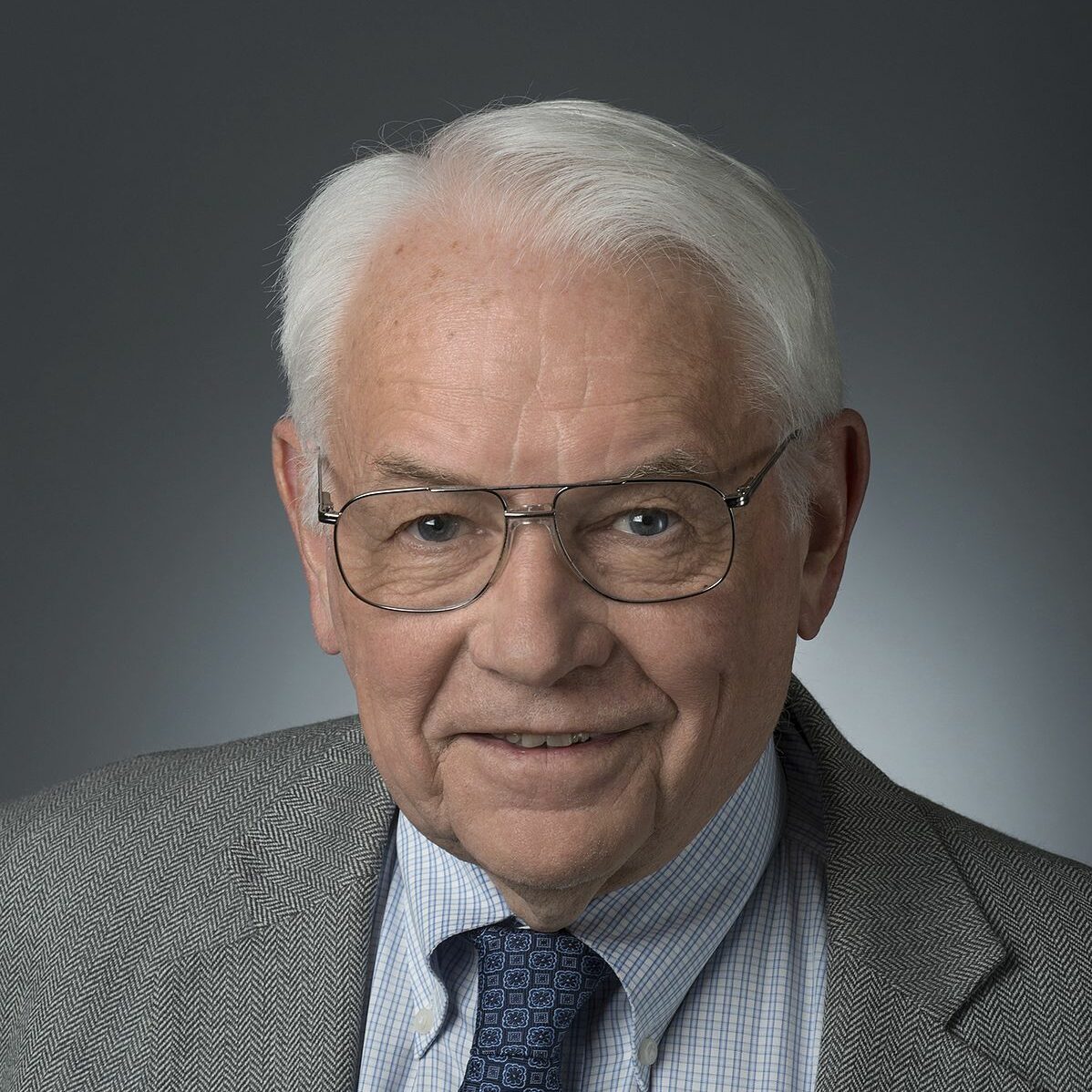To the Editor:
A recent rereading of the Perspectives issue on retirement (May 2022) has led me to think about my own position. I’m retiring at the end of this semester, after over 60 years of teaching at four different institutions, all of them interesting. I’ve had a great time. Always loved teaching, despite not getting into it until late in grad school, and I like it still, even though some student issues have become more complex than they were when I started. (And I am not sorry to escape ChatGPT.) The chance to work on a variety of research topics has been consistently intriguing as well as challenging. I agree with the AHA mantra—everything has a history—and have tried to do my bit (and indeed will keep doing so even in retirement).
But I do regret having to step back from full engagement as a historian at a time when the discipline is so beleaguered, and this prompts a few thoughts. Most of the problem is not of our doing. It results from a changing economy and rising student costs (for which historians bear little responsibility), plus the dogged misbelief that history graduates do not get good jobs. It follows as well from our partisan struggles, where most historians align on one side of the culture wars and not only lose support but draw positive animus from the other side—compounding the debate over economic utility. I don’t think we’re wrong to be on that side, though we may sometimes rub it in a bit, but it adds to our woes.
Yet I do think we, as historians, bear some small responsibility for our current dilemma, and while my thoughts are hardly original, I use the occasion of retirement to venture another statement. With many important exceptions, we as a discipline have fallen in love with too many small, specialized topics. We write too much for each other, compounding this frequently with theoretical constructs that largely repel the uninitiated. With important exceptions, we hew too fiercely not only to single-region frameworks but to rather rigid periodization specialties.
We need to be bolder. We need to embrace discussions with other disciplines, and not just in the humanities—we need to return to more interaction with the social sciences. We need more comparative work, building on but not being confined by our tendency toward intense regional specialization. And we need more efforts (and again, there are some great examples already) to reach out to that elusive beast, the general reading or podcast-consuming public.
My biggest hope, of course, is that we preserve opportunities for excitement and joy, for learning new things about the past and new ways to apply this knowledge to issues in the world today. We clearly need a wider public capacity to think historically, and this can only come from a combination of vigorous teaching combined with ambitious scholarship and communication. I wish we were farther along. But we are invited to explore virtually any significant aspect of the human condition, and this remains a privilege and a challenge.
This work is licensed under a Creative Commons Attribution-NonCommercial-NoDerivatives 4.0 International License. Attribution must provide author name, article title, Perspectives on History, date of publication, and a link to this page. This license applies only to the article, not to text or images used here by permission.
